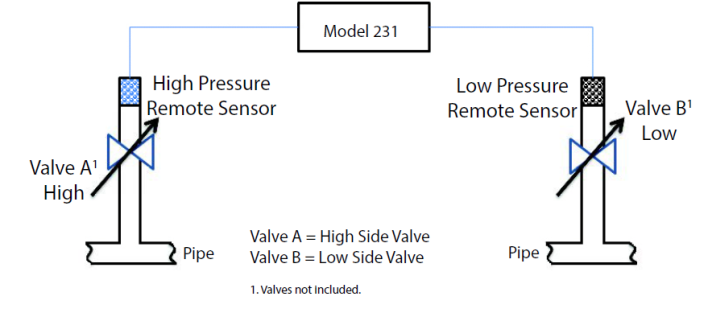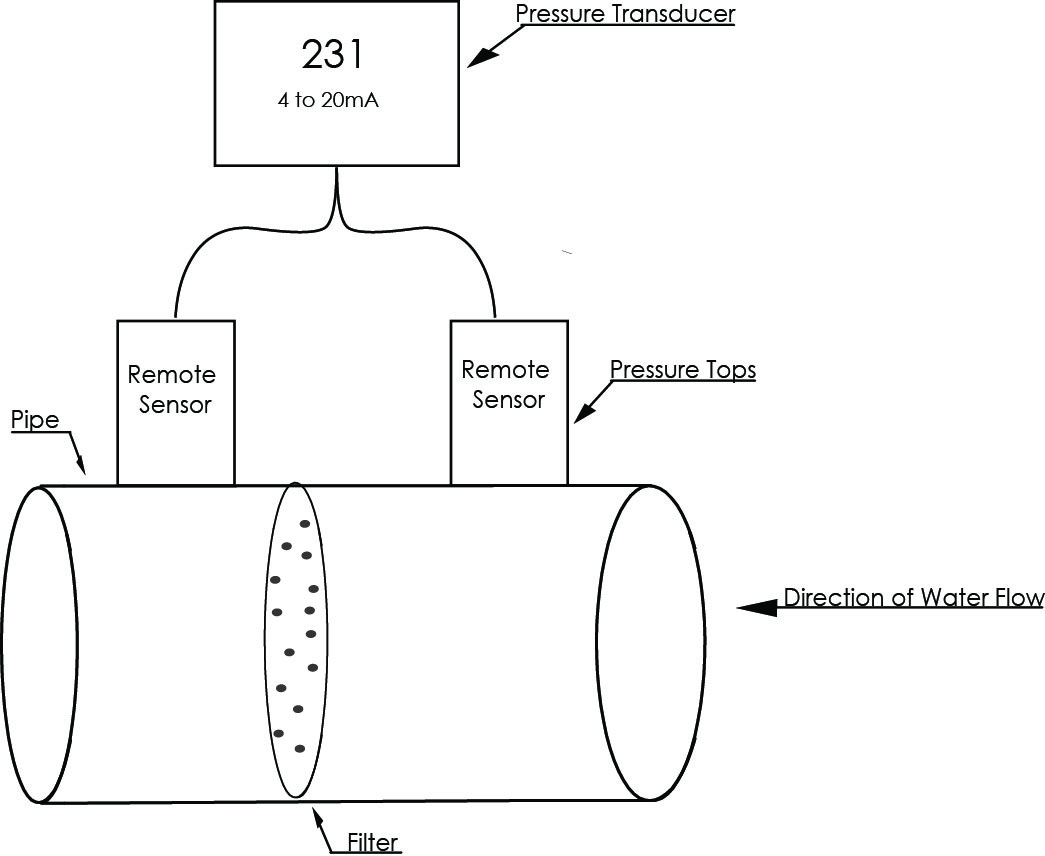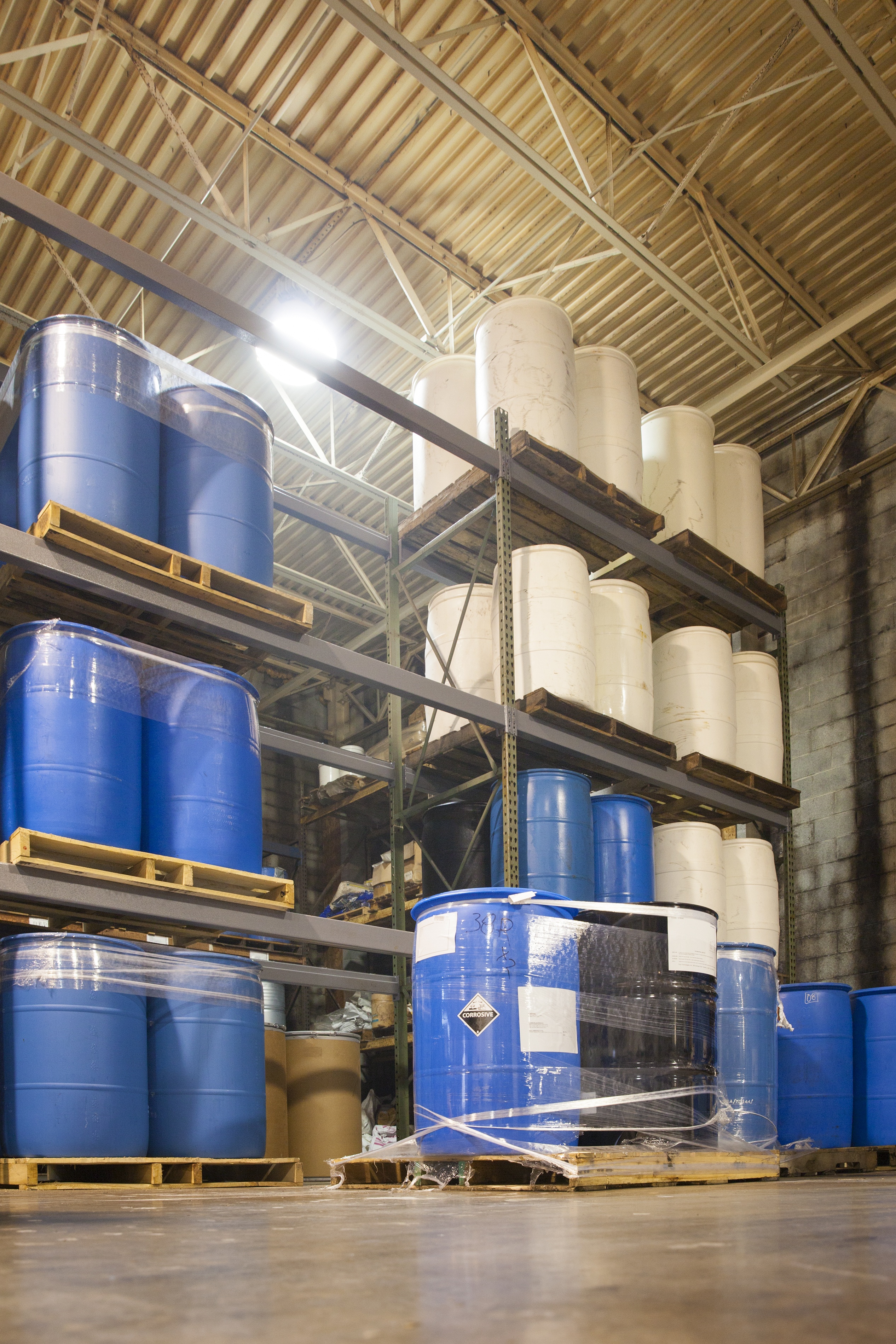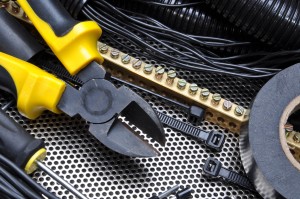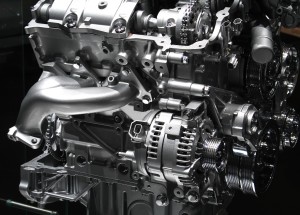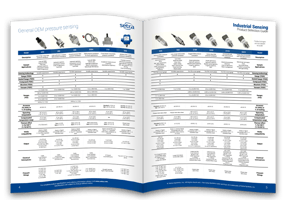After understanding the difference between wet-to-wet, wet-to-dry and dry-to-dry differential pressure transducers, it is time to learn about the different types of sensors designed to measure wet-to-wet differential pressure. Wet-to-wet differential pressure sensors are broken into two main categories, true wet-to-wet differential pressure and calculated wet-to-wet differential pressure.
Setra Blog
February 29, 2016
What is the difference between Wet-to-Wet, Dry-to-Dry, and Wet-to-Dry differential pressure transducers?
Differential pressure is the difference in pressure between two points of measurement. This is commonly measured in units of pounds per square inch differential (PSID) or in inches of water column (“WC). Devices for differential pressures usually fall into one of these three categories:
February 22, 2016
Selecting the Right High Temperature Industrial Pressure Transducer for Liquids or Gases
When selecting an industrial pressure transducer for monitoring high temperature liquids or gases be sure to check the operating temperature range of the transducer, in order to select the correct pressure transducer for these applications.
Used almost interchangeably across the sensor industry today, the terms transducer and transmitter actually have fundamentally different meanings. Before going into those differences, a transducer and a transmitter are both sensors; in this case both sensing pressure. A pressure sensor converts an applied pressure of a gas or liquid into a usable output. The type of output the sensor gives, defines whether a unit is considered a transducer or transmitter.
Explosions are always possible in hazardous environments. Practical solutions for explosion protection are vital prerequisites for electrical instrumentation and safety measures must ensure a degree of freedom for the connections in the safe area. Ensuring that all electrical loops are initially designed to meet all safety and installation criteria is critical. The output of equipment should be installed and tested so that no additional explosion proof measurements need to be taken later. The most practical way to provide this level of both protection and freedom is by intrinsically safe equipment.
Thank you to all who visited us at Booth 1244 in the Building Automation and Controls section of the AHR Expo this year in Orlando, Florida. We enjoyed seeing both new and familar faces! The world's largest HVACR event was anything but boring and we think the 60,000 attendees would have to agree.
The Digital Altimeter Setting Indicator (DASI) System is a critical part of flight control and instrumentation. It assists with calculating the true altitude of an air plane relative to the ground. Pilots use this altitude calculation for landing aircrafts safely on the runway. Without this system, pilots wouldn't have accurate altitude measurements accessible to them prior to landing.
Altimeters, a vital component within an aircraft, calculate and display altitude by measuring the barometric pressure and converting that measurement into altitude. The greater the altitude of the aircraft, the lower the altimeter pressure reading. Altimeters produce readings with respect to sea level. This is an inaccurate reading as a result of weather patterns and varying elevations of airport locations. Changes in weather can alter the readings at an airport control tower. As weather patterns move, high and low
Current switches and current transducers are often used in very similar applications. Common applications include: monitoring motor activity, detecting belt slippage or breaking in fan, monitoring for bearing wear in motors and detecting heating element failure or end of life.
With over 2,000 organizations as featured exhibitors this year, there will be thousands of brand new products being highlighted across over a dozen applications. With only three weeks away from the 2016 AHR Expo, Setra is excited to be sharing its newest lineup of products to attendees. Some of Setra's newest products are:
Engine and Power Train Testing Applications
Pressure is a big part of engine testing and automotive component manufacturing. That’s why wherever you find engines being tested; you’ll likely find transducers measuring everything from air intake pressures to exhaust back-pressures. In the automotive industry, you’ll find transducers measuring everything from tire inflation pressure for dynamometer testing to controlling tool pressure during crankshaft journal burnishing.
Subscribe to Our Blog!
Topics
- Critical Environments (182)
- HVAC/R (179)
- General Industrial (153)
- Building Automation (134)
- General Industrial OEM (92)
- Energy Management (85)
- Test and Measurement (66)
- HVAC/R OEM (58)
- Barometric (44)
- Alternative Fuels (42)
- Medical (40)
- Process/Mfg Tank Level (40)
- Water and Wastewater (39)
- OHV (38)
- Oil and Gas (35)
- Industrial Vacuum (29)
- Calibration (25)
- Semiconductor (25)
- Particle Counting (20)
- Cleanroom Monitoring (17)
- Room Pressure Monitoring (16)
- Trade Show (12)
- cleanroom environment (12)
- Scales (11)
- Environmental Monitoring (10)
- Power Monitoring (10)
- Healthcare (9)
- Power Meters (9)
- Software (9)
- cleanroom monitoring systems (9)
- Case Study (8)
- critical environment technologies (8)
- data centers (8)
- Humidity (7)
- particle counter (6)
- pressure transducers (6)
- LITE room pressure monitor (5)
- hardware and software cleanroom monitoring systems (5)
- setra lite (5)
- Compliance (3)
- Video (3)
- hospital spaces (3)
- FAQ & Troubleshooting (2)
- Monitoring Compounding Pharmacies (2)
- Semiconductor Manufacturing (2)
- agencies that monitor pharmacies (2)
- energy (2)
- hvac (2)
- laboratories (2)
- monitor compound pharmacy (2)
- protected environment (2)
- regulatory compliance (2)
- setra lite features (2)
- usp 797 (2)
- Current Sensors and Transducers (1)
- Current Transformers (1)
- Lithium-Ion Battery (1)
- Pressure (1)
- aerospace cleanrooms (1)
- cems (1)
- digital transformation (1)
- ipv6 multicast (1)
- ipv6 multicast address (1)
- ipv6 multicast address range (1)
- isolation room pressure monitoring (1)
- multicast address ipv6 (1)
- multicast ipv6 (1)
- operating room (1)
- pharma 4.0 (1)
- pressure sensor (1)
- pressure transducer companies (1)
- semi conductor (1)
- sensors and transducers (1)
- setra pressure transducers (1)
- submetering (1)
- sustainability (1)
- temperature monitor (1)
- temperature monitoring for pharmacies (1)
- transducers (1)
- usp 800 (1)
- water (1)
- what does hvac stand for (1)
- what is a transducer (1)
- what is hvac (1)

